Your baby's weight will be monitored and your midwife and health visitor will also routinely observe a feed to check if your baby is feeding effectively. It's normal for babies to lose some weight to start with, but if it's more than 10% of their birth weight then your midwife will track your baby's weight more closely.
What to do if you're worried about your baby's weight
If you’re concerned about your baby’s weight, NHS Infant Feeding Advisor AnneMarie shares her advice in this short video.
When should I be concerned?
You should be a bit more concerned if:
- Your baby remains sleepy after the first 24 hours and is not alert and seeking feeds at least 6 times (but probably more like 8-10 times) a day and then feeding eagerly.
- After the first 48 hours, your baby has dryish nappies (less than 5-6 a day) and still has dark stools – this could mean that your baby is losing too much weight.
- Your baby has an orange stain in their urine – this is common, but if it's not starting to clear 2-3 days after birth you should mention it to your midwife or health visitor.
- Your baby seems unsettled and feeds constantly or is getting sleepier and more jaundiced.
- There are no signs that your breasts are getting fuller.
Speak to your midwife urgently if you're at home and have any concerns – you may need to be re-admitted back into the maternity ward and have your baby checked over by a doctor.
What are the causes?
Early, large weight loss is more common if:
- Your baby is not correctly attached at the breast.
- Your baby is small, slightly premature, a twin, jaundiced, unwell or sleepy after the birth.
- You have a caesarean section or a complicated birth.
Losing a lot of blood can delay milk supply, though this is very rare.
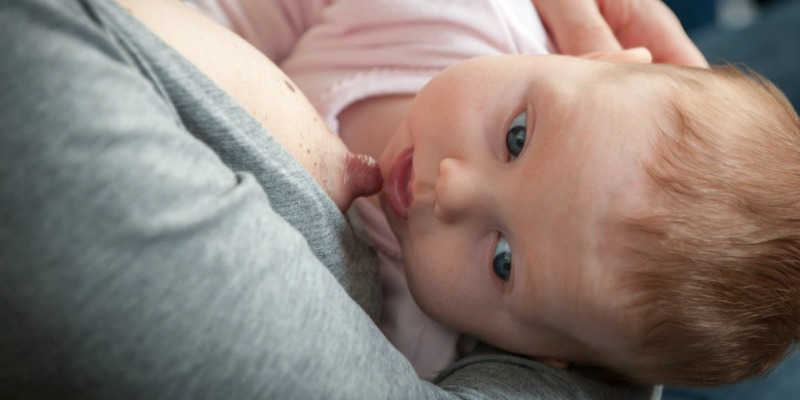
What's the solution?
Correct positioning and attachment very often solve the problem, allowing your baby to get all the milk they need to quickly regain any lost weight. In some cases, all it takes is expressing and/or skin-to-skin contact with your baby to get your milk supply going.
Your midwife may carry out a feeding assessment (you can try this yourself using our feeding checklist). She'll be checking to see if your baby is correctly attached and if their feeding behaviours include deep sucks, pauses and swallows, which will help her see how well your baby is feeding. If your baby's weight loss is a bit higher than expected, a doctor will also check that your baby is well.
Top tips to help your baby regain weight
- Lots of skin contact.
- Feeding as soon as your baby shows signs of being hungry, at least 8 times in 24 hours
- Checking your baby is correctly attached.
- Straight after breastfeeding, express any extra milk. If you've been advised to express your breast milk, feed it to your baby immediately.
- Don't panic if you get very little in the first expressions – expressing is also meant to stimulate the supply. You will need to express about 8 times in 24 hours on top of your breastfeeds to top up your baby's fluid. You can find out more about expressing here.
What if my milk supply remains low?
If your baby's weight loss is at a higher level and/or your milk supply remains low you may need to give your baby formula supplements until your milk supply increases – in most cases this happens very quickly. You may need to stay in hospital and express for longer if your baby is premature or very sleepy, to start the feeding process off well and to make sure your baby gains enough weight.
Even after following these steps, a few mums will still have difficulty making enough milk. We don't always understand why this happens, but it's definitely not your fault and it doesn't make you any less of a brilliant mum. Just be proud of whatever breastfeeding you manage, and of the beautiful baby you've made.
 Activities & Play
Activities & Play Behaviour
Behaviour Childcare
Childcare Development & Growing Up
Development & Growing Up Family, Friends & Relationships
Family, Friends & Relationships Feeding Your Baby
Feeding Your Baby Food & Eating
Food & Eating Health & Safety
Health & Safety Mental Health & Wellbeing
Mental Health & Wellbeing Money & Work
Money & Work Online Behaviour & Safety
Online Behaviour & Safety Pregnancy & First Days
Pregnancy & First Days School & Education
School & Education Sleep
Sleep


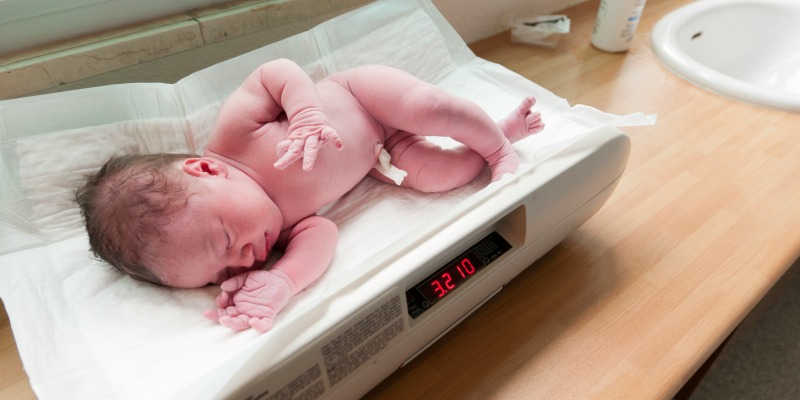
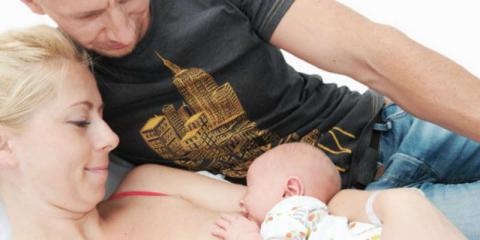
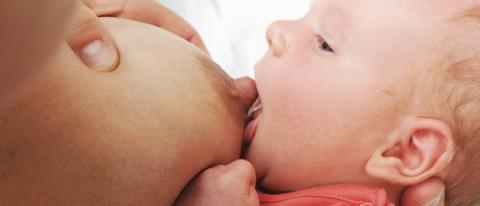
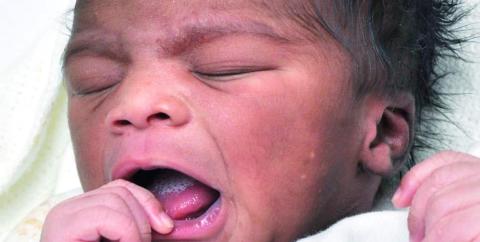
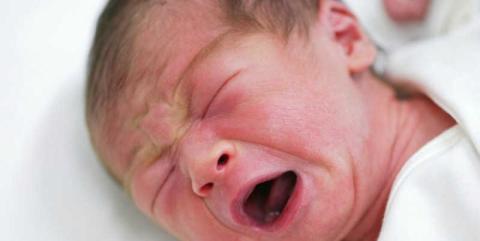


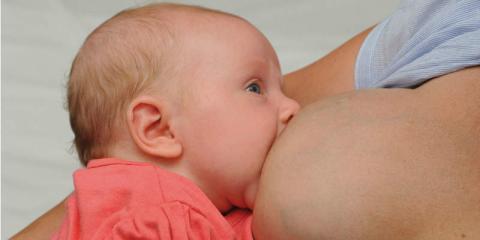
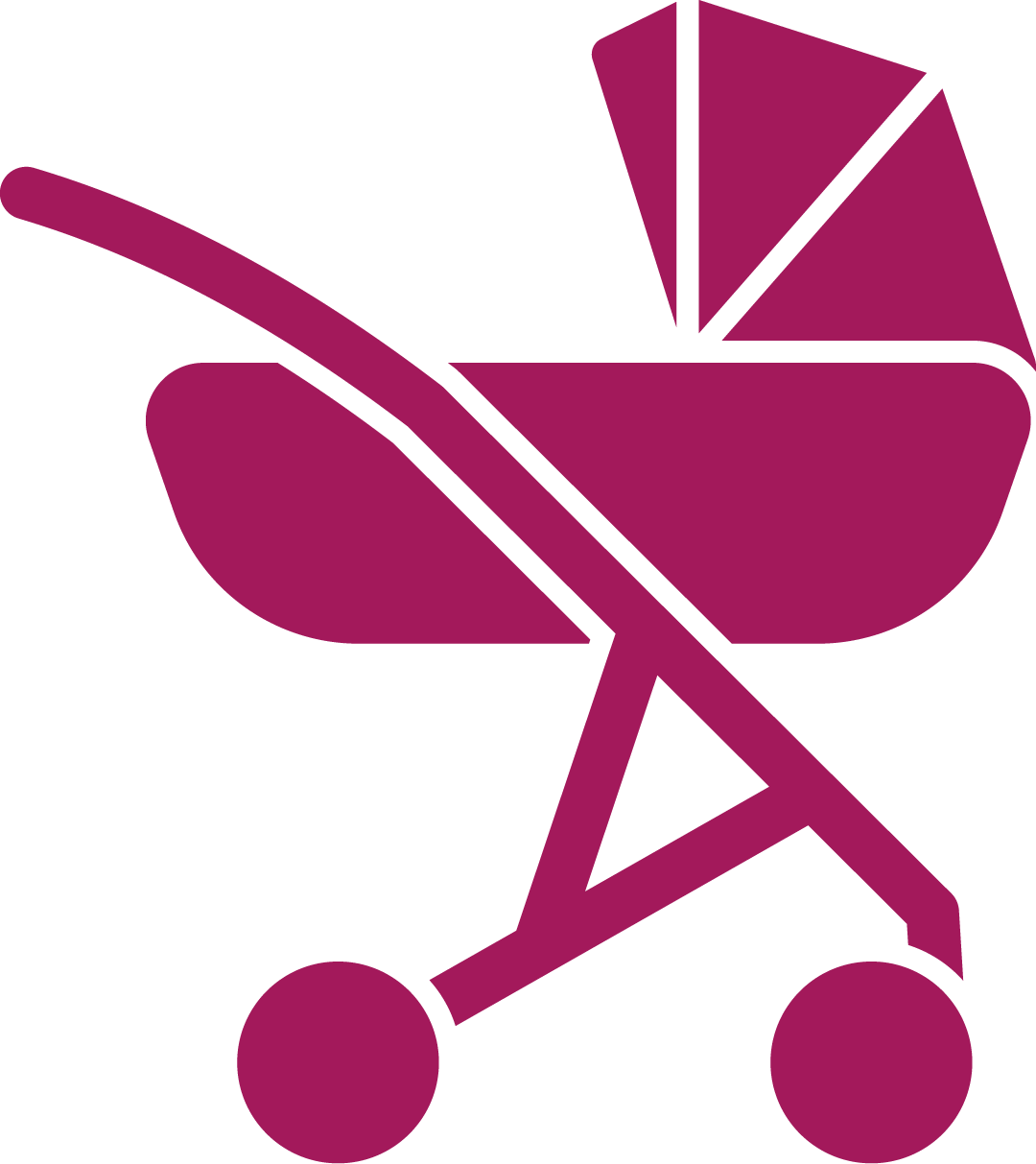 Pregnancy & First Days
Pregnancy & First Days
 Sleep
Sleep